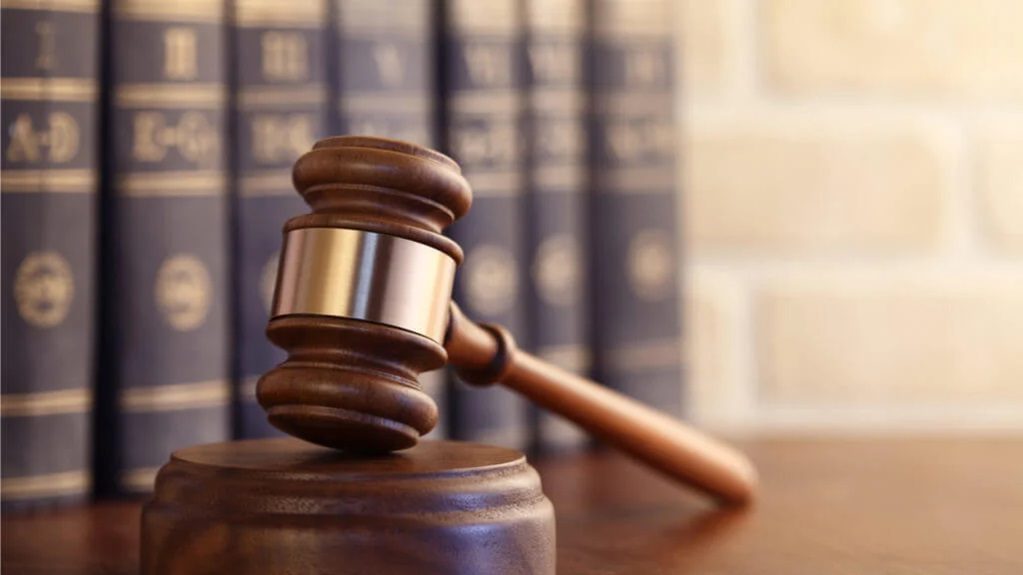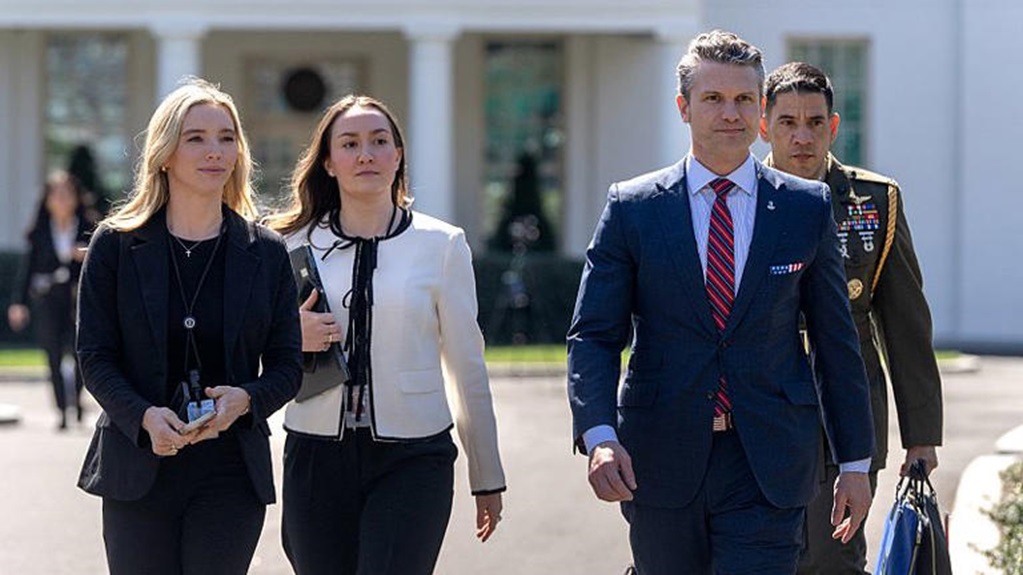Trump Arrives at Hearing on Whether to Dismiss Classified Documents Case
Written by worldOneFm on March 14, 2024
FORT PIERCE, FLORIDA — Donald Trump arrived Thursday at a federal courthouse in Florida, where a judge will hear arguments on whether to dismiss the criminal case accusing the former president of hoarding classified documents at his Mar-a-Lago estate after he left the White House.
The motorcade carrying the 2024 Republican presumptive presidential nominee arrived shortly before the hearing was set to begin before U.S. District Judge Aileen Cannon, who was nominated to the bench by Trump.
The dispute centers on the Trump team’s interpretation of the Presidential Records Act, which they say gave him the authority to designate the documents as personal and maintain possession of them after his presidency.
Special counsel Jack Smith’s team, by contrast, says the files Trump is charged with possessing are presidential records, not personal ones, and that the statute does not apply to classified and top-secret documents such as those kept at his Mar-a-Lago estate in Florida.
The Presidential Records Act “does not exempt Trump from the criminal law, entitle him to unilaterally declare highly classified presidential records to be personal records, or shield him from criminal investigations — let alone allow him to obstruct a federal investigation with impunity,” prosecutors wrote in a court filing last week.
It was not clear when Cannon might rule, but the outcome will determine whether the case proceeds or whether, as Trump’s lawyers hope, it is thrown out before ever reaching a jury — a rare action for a judge to take.
Cannon is also expected to hear arguments Thursday on a separate but related Trump team motion that says the statute that forms the bulk of the criminal charges — making it a crime to willfully retain national defense information — is unconstitutionally vague as it applies to a former president.
It is not surprising that defense lawyers are seeking dismissal of the case based on the Presidential Records Act given that the legal team has repeatedly invoked the statute since the FBI’s August 2022 search of Mar-a-Lago.
The law, enacted in 1978, requires presidents upon leaving office to transfer their presidential records to the U.S. government for management — specifically, the National Archives and Records Administration — although they are permitted to retain personal records, including diaries and notes that are purely private and not prepared for government business.
Trump’s lawyers have said that he designated as personal property the records he took with him to Mar-a-Lago, which prosecutors say included top-secret information and documents related to nuclear programs and the military capabilities of the U.S. and foreign adversaries.
Cannon has suggested in the past that she sees Trump’s status as a former president as distinguishing him from others who have held onto classified records.
After the Trump team sued the Justice Department in 2022 to get his records back, Cannon appointed a special master to conduct an independent review of the documents taken during the FBI’s Mar-a-Lago search. That appointment was later overturned by a federal appeals court.
More recently, even while ruling in favor of Smith’s team on a procedural question, Cannon pointedly described the case as the “first-ever criminal prosecution of a former United States President — once the country’s chief classification authority over many of the documents the Special Counsel now seeks to withhold from him (and his cleared counsel) — in a case without charges of transmission or delivery of national defense information.”
Trump faces 40 felony counts in Florida that accuse him of willfully retaining dozens of classified documents and rebuffing government demands to give them back after he left the White House. Prosecutors in recent court filings have stressed the scope of criminal conduct that they say they expect to prove at trial, saying in one that “there has never been a case in American history in which a former official has engaged in conduct remotely similar to Trump’s.”
They allege, for instance, that Trump intentionally held onto some of the nation’s most sensitive documents — only returning a fraction of them upon demand by the National Archives — and then urged his lawyer to hide records and to lie to the FBI by saying he no longer was in possession of them. He’s also charged with enlisting staff to delete surveillance footage that would show boxes of documents being moved around the property.
The hearing is the second this month in the case in Florida, one of four prosecutions Trump confronts as he seeks to reclaim the White House this year. Cannon heard arguments on March 1 on when to set a trial date but has not ruled yet. Both sides have proposed summertime dates for the trial to begin.
By Associated Press






